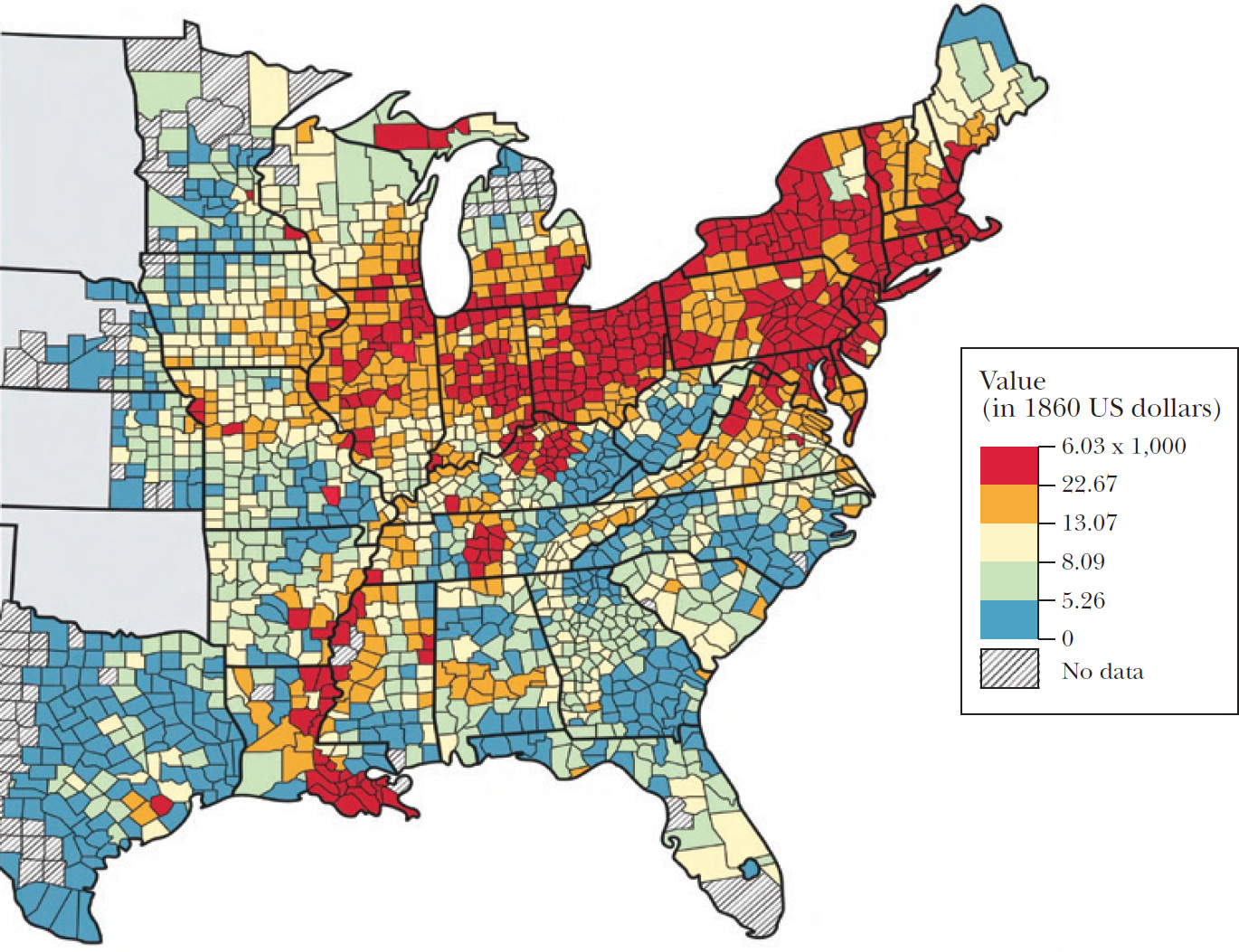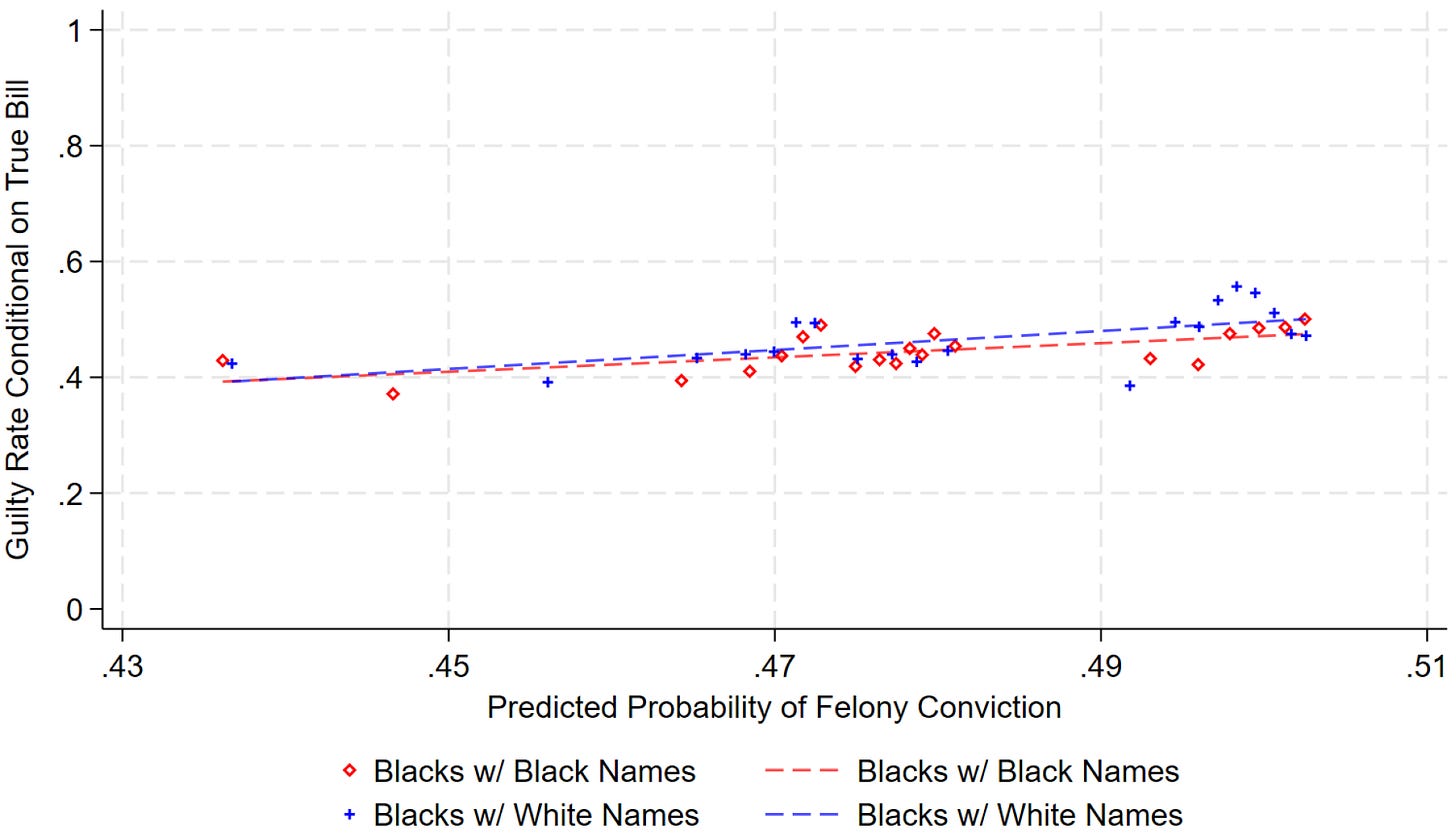Six More Myths About Gender, Race, and Inequality
Debunking widespread misconceptions with data: Part 2

In Case You Missed It…
One of the things that makes science exciting is that it sometimes upends beliefs we take for granted. This is as true for hot-button topics like gender, race, and inequality as it is for any other. In a previous post, I looked at six widespread myths related to these important issues. The response was huge; apparently a lot of people are hungry for evidence in areas where ideology sometimes dominates the discussion. So here’s a sequel: six more popular myths that collapse on contact with the data.
1. The Myth That American Wealth Was Built on Slavery
It’s widely believed that slavery is what made the United States an economic powerhouse in the 19th century, and thus that the nation’s prosperity today ultimately rests on this foundation.
Economic historians, however, overwhelmingly disagree. The slaveholding South, they point out, was always much less prosperous than the free North. Thus, slavery couldn’t have been the main source of America’s wealth, either back then or now.
Some dislike this conclusion, perhaps because it seems to weaken the case for reparations and perhaps because it challenges a popular critique of the US and of capitalism. Whatever your views on those issues, though, it’s surely good news that slavery wasn’t particularly economically beneficial - contrary to the arguments of pro-slavers. [Link.]

2. The Myth That Juries Racially Discriminate
The belief that US juries routinely discriminate against Black defendants is widespread. But a new study challenges the presumption.
As shown in the graph below, Black defendants with stereotypically Black names are no more likely to be prosecuted than those with stereotypically White ones. (In the American grand jury system, the decision to prosecute is almost always made in the absence of the defendant.) The authors conclude that “racial bias explains at most 0.3 percent of the Black-White felony conviction gap.”
This is one of many studies suggesting that people greatly exaggerate the level of discrimination in the US and the modern West (which isn’t to say, of course, that discrimination has gone to zero). [Link.]



